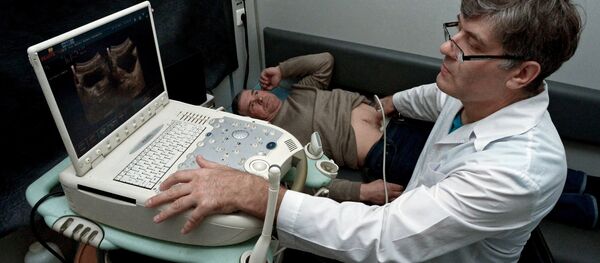Mice with diets enriched with extra-virgin olive oil (EVOO) were found to have a better capacity for learning and better memory than mice that didn’t consume the oil, according to researchers at Temple University’s Lewis Katz School of Medicine.
EVOO consumption appeared to help preserve neuron connections in the mice’s brains. It also activates the autophagy process, which rids the brain of toxins and intracellular debris, as well as reduces inflammation of the brain.
Researchers say that Alzheimer's disease could very well be triggered by a reduction in autophagy.
Domenico Pratico, professor at the Lewis Klein School of Medicine and the study’s lead investigator, told USA Today, "The thinking is that extra-virgin olive oil is better than fruits and vegetables alone … As a monounsaturated vegetable fat, it is healthier than saturated animal fats."
There were two groups of mice in the study, which was published Wednesday in the Annals of Clinical and Translational Neurology. The olive oil diet group showed better results when tested for learning capacity and spatial memory.
The most common form of dementia in the US, Alzheimer’s affects language, cognitive function and memory. There is currently no cure for the disease, which typically comes on after the age of 60, according to the US Center for Disease Control and Prevention.
Five million Americans had Alzheimer’s in 2013, and that number expected to nearly triple by 2050 to 14 million.
Researchers are excited by their findings, and told USA Today that this study could prime them to experiment with introducing olive oil at a later stage in the aging process.
"Thanks to the autophagy activation, memory and synaptic integrity were preserved, and the pathological effects in animals otherwise destined to develop Alzheimer's disease were significantly reduced," Pratico said.
"We want to know whether olive oil added at a later time point in the diet can stop or reverse the disease."



